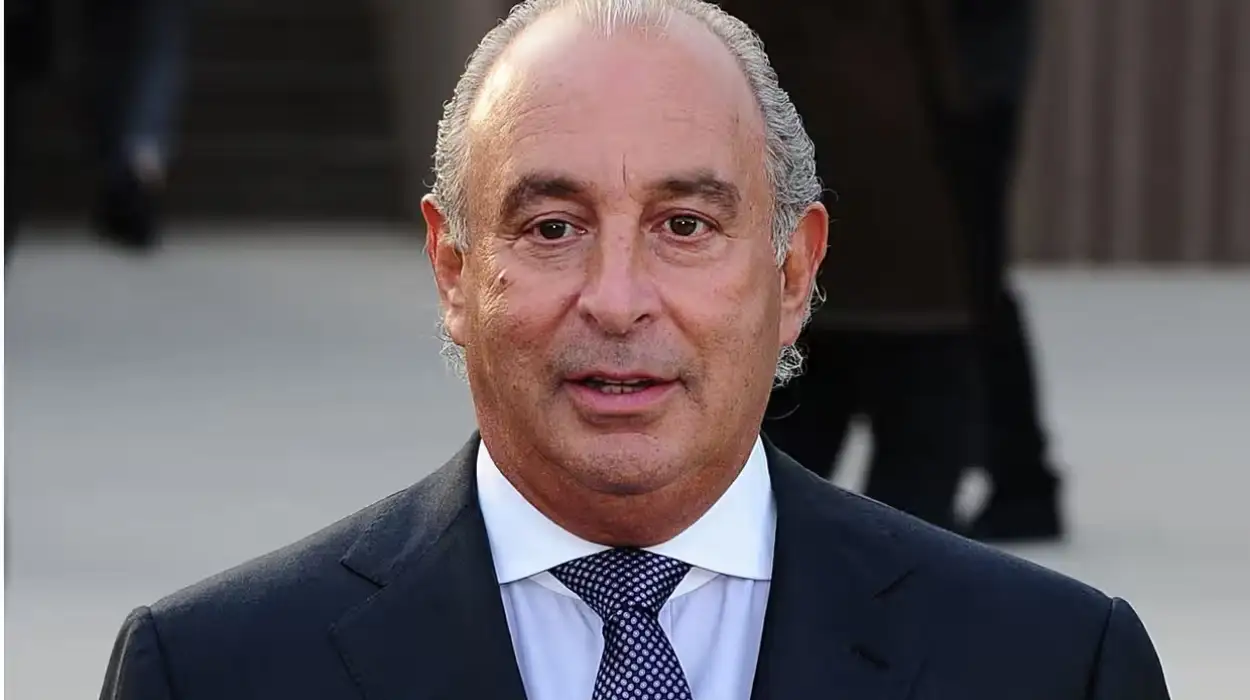UK (Parliament Politics Magazine) – ECHR rules against Sir Philip Green, stating UK Parliament has the right to name him despite his privacy claims and court order over misconduct reports.
As reported by The Guardian, retail magnate Philip Green’s lawsuit failed after he protested being publicly named in the House of Lords over alleged misconduct.
How did parliamentary privilege affect Green’s allegations?
The legal battle, testing the limits of parliamentary privilege, began after Lord Hain’s announcement in the House of Lords. Green had obtained an injunction to prevent the Telegraph from publishing allegations in 2018.
Under parliamentary privilege, members can speak without legal consequences. This ensures their statements can be reported without the risk of being sued.
What did the ECHR rule in Philip Green’s privacy case?
The European Court of Human Rights ruled on Tuesday that Mr Green’s allegations of privacy violations due to unchecked parliamentary privilege were unfounded.
On Tuesday, the Strasbourg court stated,
“The court found that it should be left to the respondent state, and parliament in particular, to decide on the controls required to prevent parliamentary members from revealing information subject to privacy injunctions.”
It added,
“To find otherwise would run contrary to the principle of the autonomy of parliament, which had already considered and rejected the need for further controls.”
What did Green’s lawyers argue about parliamentary privilege and court orders?
Green’s legal team, representing the former Arcadia chair, claimed that the UK must ensure parliamentary privilege is not used to bypass court orders, as it is an ECHR member.
His lawyers raised concerns about the lack of control over parliamentary privilege. This allowed the release of information protected by an injunction.
Green’s lawyers argued that his right to a fair trial and an effective remedy was violated. They added that he was unable to pursue legal action against Lord Hain in the case dating back to 2019.
What did Lord Hain say about Sir Philip Green’s legal battle?
Lord Hain told The Telegraph Sir Philip was “absolutely shameless”.
He stated,
“Parliamentary privilege is a really important protection of freedom and freedom of speech, so I am pleased that the court has defended that.”
Mr Hain said,
“Sir Philip Green was absolutely shameless in bringing this case after his behaviour, which was completely unacceptable. He had already tried to get me censored by the House of Lords standards and failed because it said I had acted perfectly properly.”
He added,
“I think Sir Philip should pip down. Instead of resorting to all sorts of specious legal twists and turns, he should start behaving respectfully. Bullying and abusive behaviour is unacceptable, especially if it comes from a knight of the realm.”
Mr Hain stated,
“As a strong supporter of the European Court of Human Rights, I totally condemn this barefaced attempt to suppress the fundamental principle of parliamentary privilege.”
He continued,
“He should be apologising for bullying and abusive behaviour towards his employees, not trying to exploit whatever leverage he can to cover it up.”
Kemi Badenoch warns UK might leave ECHR over Green’s case
If Sir Philip had won, it would have raised critical questions on Parliament’s sovereignty, fueling fears about the ECHR’s influence in Britain, following recent immigration tribunal decisions.
Earlier this year, Tory leader Kemi Badenoch warned that the UK could “probably have to leave” the ECHR if it obstructed the government’s ability to act in the national interest.
Keir Starmer’s views on the UK’s commitment to the ECHR
In an address to European leaders at Blenheim Palace, Keir Starmer declared that the UK would “never withdraw” from the Convention. This was part of efforts to restore relations with the European Union.
As the legal branch of the Council of Europe, the ECHR is headquartered in Strasbourg, France.


